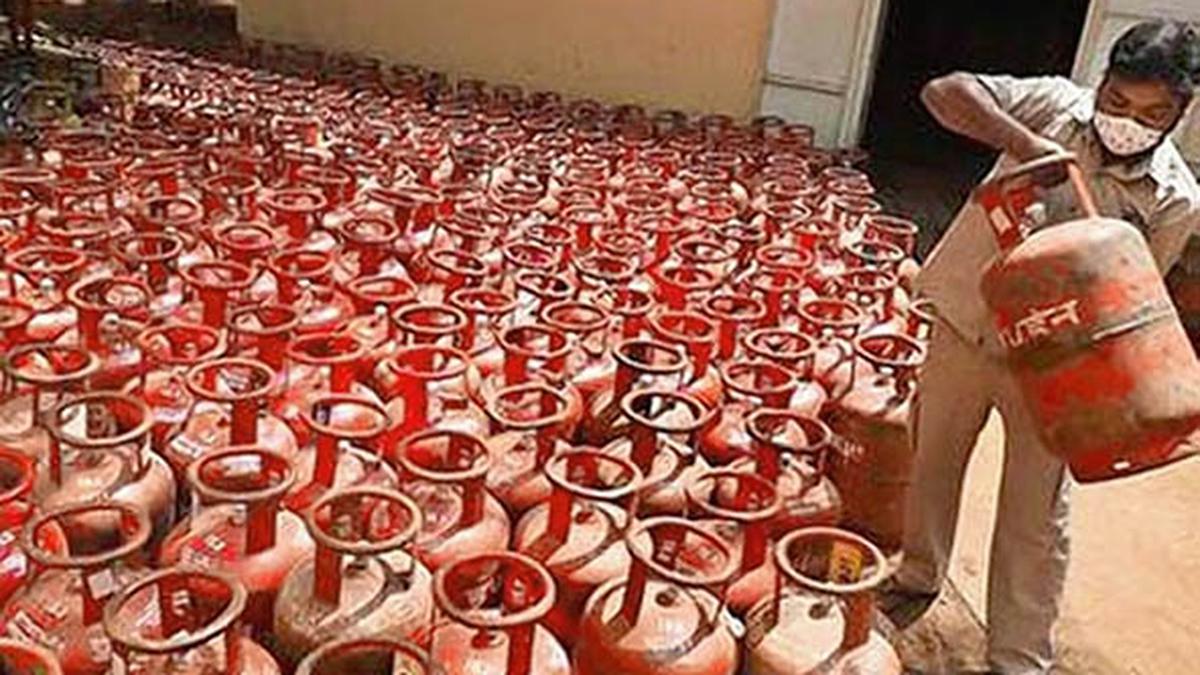
Karnataka Assembly elections | Price rise pinches hard, but poll promises fail to tackle real issues
The Hindu
Ahead of the Karnataka Assembly election, the Congress and the Janata Dal (Secular) have made a slew of poll promises to address voters’ worries about soaring prices, at a time when an economic downturn has hit the livelihoods of many.
Ahead of the Karnataka Assembly election, both major Opposition parties — the Congress and the Janata Dal (Secular) — have made a slew of poll promises to address voters’ worries about soaring prices, at a time when an economic downturn has hit the livelihoods of many.
However, their promises of free power and rice, subsidised cooking gas, and allowances for a wide range of groups — from homemakers and auto drivers to senior citizens, the differently abled and the unemployed — have spurred an angry reaction from the ruling BJP, which claims that these freebies will “drain the public exchequer.” Workers’ unions are not satisfied with the Opposition’s promises either, asking parties to empower them with fair minimum wages that rise in line with prices, rather than issuing doles.
In Karnataka, a price rise of 21.2% has been captured by the Consumer Price Index (CPI) notified by the State government to calculate wages for industrial workers in the State between 2018 and 2022. This has been calculated after capturing the prices of items in the consumer basket — comprising about 160 to 170 food commodities, petroleum products, and goods and services — predominantly consumed by industrial workers in 16 centres across the State.
However, those in the know believe that though these industrial pockets recorded a 21.2% increase, the actual rise in other centres where consumption patterns differ is far higher, while certain price fluctuations are not captured in the CPI at all. For example, the CPI does not capture the cost of computers or laptops, very crucial for employment for many, or the cost of large items such as refrigerators or two-wheelers.
The price rise has been acutely felt among the poor, as free cylinders under the Ujwala scheme and subsidy for others have been withdrawn even as the price of a non-subsidised LPG cylinder touched ₹1,105 in Bengaluru, a whopping 70% increase since 2018. Similarly, the cost of diesel and petrol has gone up by 33% and 37% respectively, over the last five years.
Also read: Siddaramaiah highlights Congress promises of free rice, electricity, and unemployment dole
Agricultural and dairy farming inputs, very crucial for an agrarian economy like Karnataka’s, have also seen prices rise by over 25%, reducing the disposable personal income of farmers, who have also been affected by the vagaries of nature.











